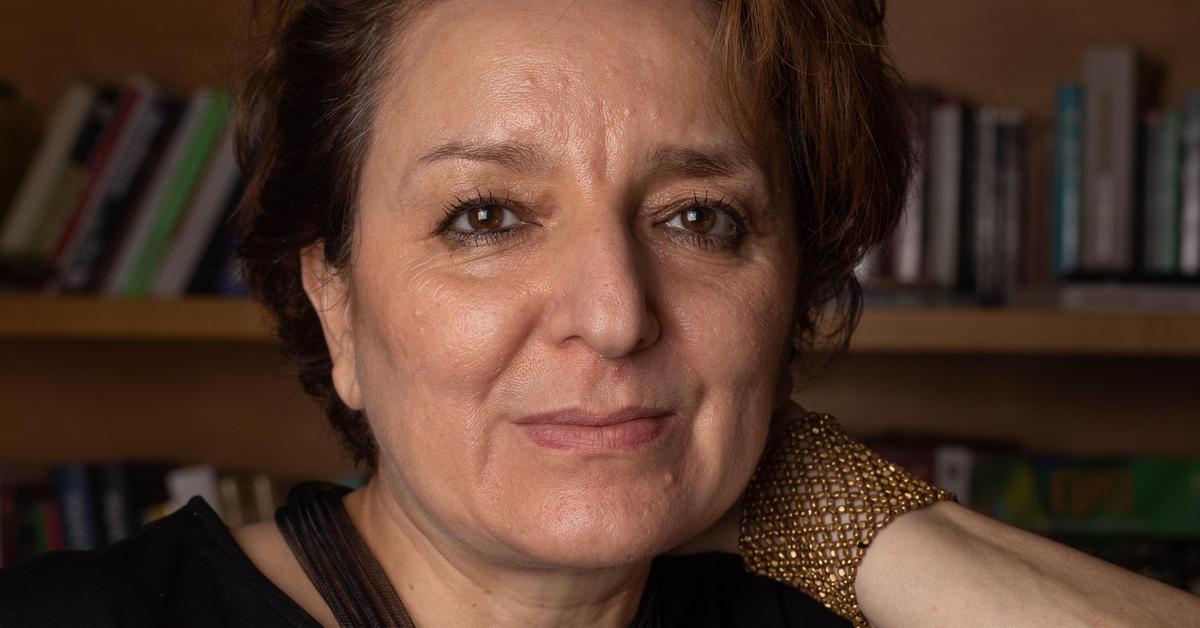About the dangers of moral anger, the welfare state that multiplies fears and the shame that comes with more dignity: The Israeli-French sociologist Eva Illouz analyzes social feelings.
Is the “mammoth psychological counseling industry” a tool to groom people for capitalism? Is the vast offering to “overcome trauma, abuse, addiction, low self-esteem and depression” just supposed to make us good consumers?
The accusation has been around since psychological help became a mass offer. The new book by the French-Israeli sociologist Eva Illouz also begins with him. In their view, the “psychoindustry” helps to cover up “huge cracks in the social fabric caused by capitalism, liberalism, globalization and inequality”. And suggest that the individual can and must take full responsibility “for our fears, depression or anger.” In the same way, if sociology deals with feelings, one could generally accuse it of blinding us to the individual roots of emotional problems. Fortunately, the reality in this case is not an either/or. And Illouz’s book “Explosive Modernity” is better than its polemical opening.
The theses of the book that made Eva Illouz famous since 2000 were provocative, in a very original and influential way at the time: In “The Consumption of Romanticism. Love and the Cultural Contradictions of Capitalism” was about the changes in emotional life caused by capitalism. Illouz argued that the concept of romantic love, originally a reaction to the economization of the world, had itself become a consumer product, and that the two seemingly opposing spheres of the emotional and the economic were in fact increasingly interpenetrating.


